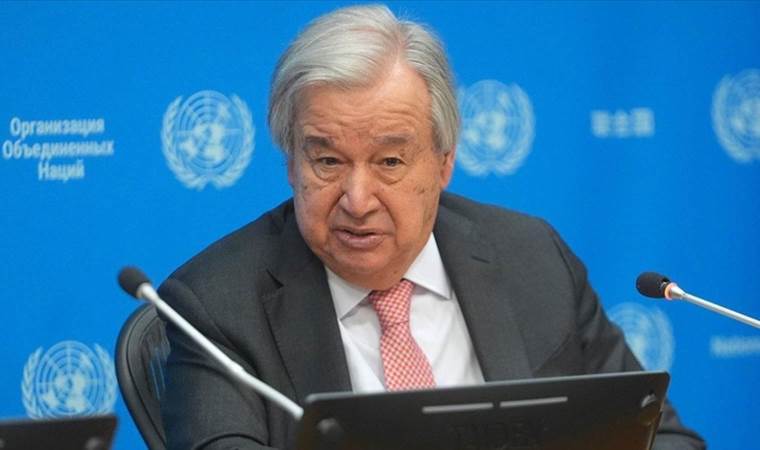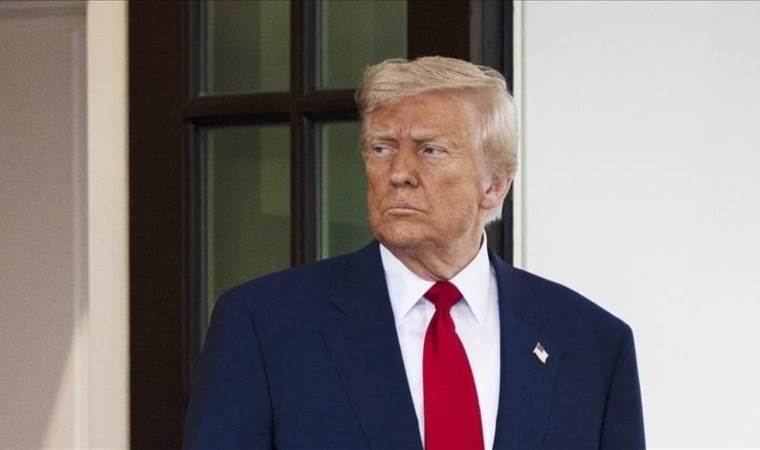Oil prices fall as Beijing's latest stimulus disappoints investors
Oil prices slipped Monday after Beijing's latest stimulus measures disappointed investors hoping for stronger demand growth in the world’s second-largest oil consumer.

The international oil benchmark of Brent crude fell by 0.2% to $73.73 per barrel at 10.37 a.m. local time (0737 GMT), down from the previous session's close of $73.88.
The US benchmark West Texas Intermediate also declined by 0.27% to $70.06 per barrel, compared to $70.25 at the prior session's close.
China's National People's Congress Standing Committee unveiled a debt package on Friday to ease local government financing strains and stabilize flagging economic growth.
The debt limit increase will be spread out over three years, or 2 trillion yuan ($279.2 billion) a year, Finance Minister Lan Foan said at the NPCSC in Beijing.
However, Beijing's stimulus package fell short of market expectations, particularly amid the threat of massive tariffs under President-elect Donald Trump's incoming administration.
"Investors also remained concerned around the impacts of Trump's promised tariffs on China's economic growth, which may crimp oil demand," Daniel Hynes, a commodity strategist at the Australia and New Zealand Banking Group, said in an e-mail note.
"Further, expectations that the next US administration will renew a clampdown on Iran via tighter sanctions have raised supply concerns in the short-term with tensions intensifying in the Middle East. Investors have increased bullish bets on oil amid increasing supply uncertainty," Hynes added.
Prices also eased after the threat of supply disruption from Hurricane Rafael in the US Gulf of Mexico subsided.
Most Read News
-
 Thailand imposes martial law in border districts as clas
Thailand imposes martial law in border districts as clas
-
 ‘No place for violence in Australia,’ says Premier Alban
‘No place for violence in Australia,’ says Premier Alban
-
 Attacks on Bangladeshi peacekeepers in southern Sudan ma
Attacks on Bangladeshi peacekeepers in southern Sudan ma
-
 2 Palestinians killed by Israeli army in occupied West B
2 Palestinians killed by Israeli army in occupied West B
-
 Trump vows to respond to alleged ISIS attack on US force
Trump vows to respond to alleged ISIS attack on US force
-
 2 killed, 8 critically injured in shooting at Brown Univ
2 killed, 8 critically injured in shooting at Brown Univ
-
 Zelenskyy says bilateral security guarantees a ‘compromi
Zelenskyy says bilateral security guarantees a ‘compromi
-
 Delhi’s air quality worsens to new severe level, Indian
Delhi’s air quality worsens to new severe level, Indian








